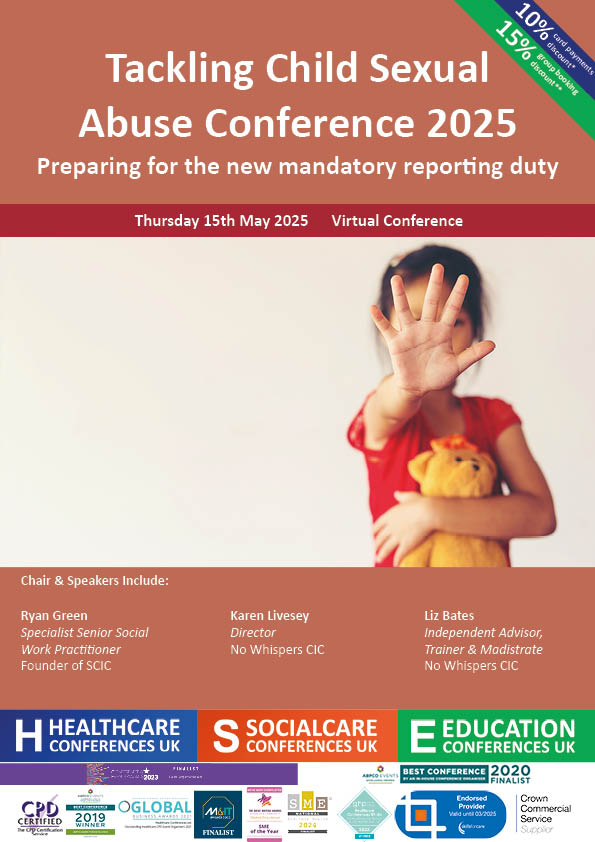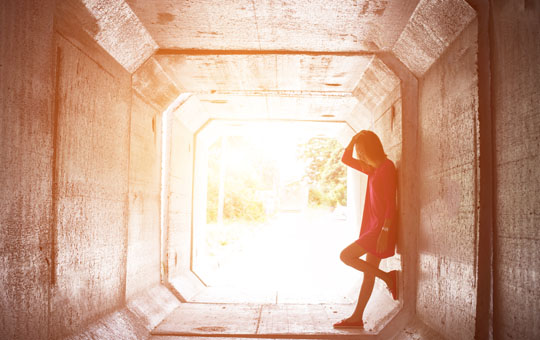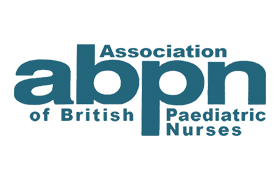Follow the conference on X #CSAMandatoryreporting
The home secretary has announced that reporting of child sexual abuse will be included in the Crime and Policing Bill and will become mandatory later this year. The new duty was recommended in the Independent Inquiry into Child Sexual Abuse, and will see professionals who work with children face criminal sanctions if they fail to report claims of child sexual abuse.
The Inquiry reported the scale of the inadequate and negative responses that children and young people have faced upon making disclosures. This conference has been designed to support professionals to prepare for the new mandatory duty, as well as identify and respond to child sexual abuse, as early as possible and in an appropriate manner. Our expert speakers will guide you through topics such as; the proposed new mandatory reporting duty, early identification, supporting and responding to disclosures and online facilitated sexual abuse.
“We have learned quite a lot from those reviews that have already been undertaken. But locally, people need to step up to the mark and do the sorts of things that have been recommended..”
Prof Alexis Jay, Chair of the Report of the Independent Inquiry into Child Sexual Abuse
“In March 2020, the Office for National Statistics estimated that 3.1 million adults in England and Wales had experienced sexual abuse before the age of 16.”
The Report of the Independent Inquiry into Child Sexual Abuse
“If there had been a mandatory law when I reported my child sexual abuse then perhaps my abuser would have been brought to justice. Possibly many other abusers would be prevented from continuing to harm children if their first incidence was reported under a mandatory law.”
Member of the Victims and Survivors Forum
Who should attend?
All professionals in positions of trust and in regulated activity with children
This conference will enable you to:
Understand and prepare for the new mandatory reporting duty and who this would apply to
Be clear on what would need to be reported and to whom
Identify characteristics that make children and young people more vulnerable to abuse
Put in place processes to improve early identification of child sexual abuse
Get an update on the proposed ‘recognised indicators’
Improve your staff training on child sexual abuse
Understand the increasing threat on online abuse and how you can identify those at risk
Better able to act in the role of trusted adult to encourage disclosures
Be better equipped to appropriately handle disclosures to ensure children feel listened to and taken seriously
Understand when and how you are required to share information







